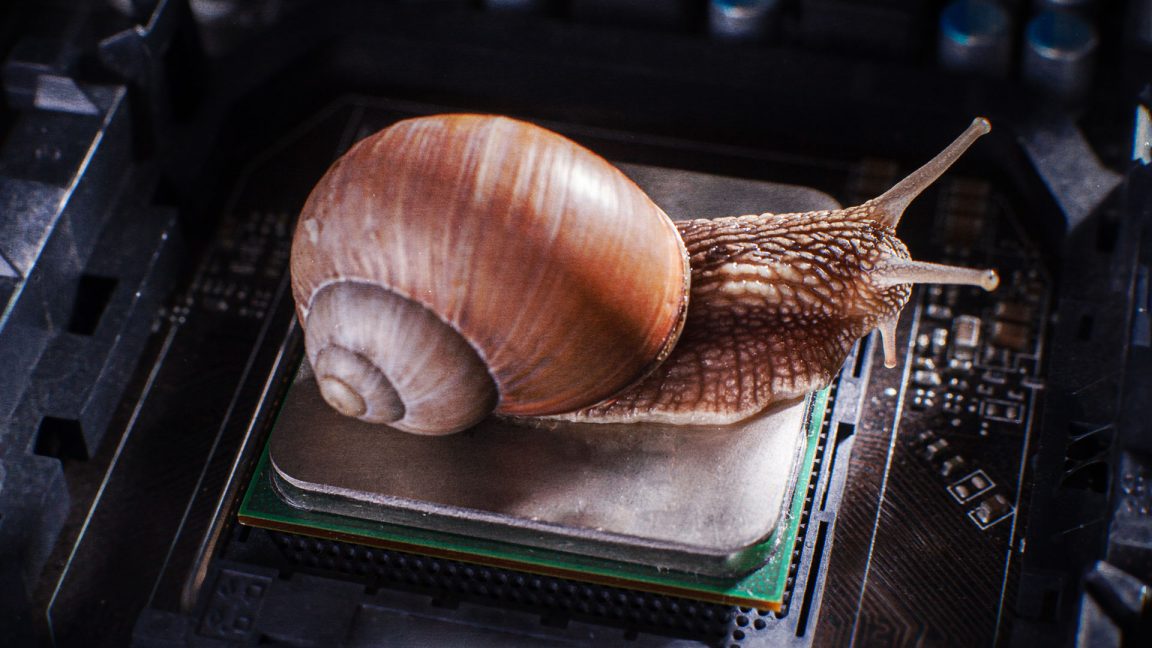Some of what I type here might not be 100% correct, because the information in China is not always correctly reported and real hard evidence is hard to come by, so if you do know something I don't please do correct me.
From Wikipedia
"The CHIPS and Science Act is a U.S. federal statute enacted by the 117th United States Congress and signed into law by President Joe Biden on August 9, 2022. The act provides roughly 280 billion dollars in new funding to boost domestic research and manufacturing of semiconductors in the United States. The law does not have an official short title as a whole but is divided into three divisions with their own short titles: Division A is the CHIPS Act of 2022 (where CHIPS stands for "Creating Helpful Incentives to Produce Semiconductors"); Division B is the Research and Development, Competition, and Innovation Act; and Division C is the Supreme Court Security Funding Act of 2022.
It channeled more than $52 billion into researching semiconductors and other scientific research, with the primary aim of countering China. The bill passed the U.S. Senate by a vote of 64–33 on July 27, 2022. On July 28, the $280 billion bill passed the U.S. House by a vote of 243–187–1."
Whilst it is difficult to disagree that the repatriation of manufacturing is generally a good thing there has been criticism of the amount of money it is currently costing and the issue of an open cheque book for the future, but that is not the reason for posting here.
The Chip Act requires all US technical personel to return to America or lose their US citizenships https://www.theregister.com/2022/10/14/american_tech_workers_in_china/ this has led to an exodus of the foreign personnel keeping Chinas silicon foundries running and unfortunately for China, they have not been able to produce their own people to replace them - or they would already have done so. Presumably any US production technology will no longer be supported either, and the rumour (because it cannot be accurately verified) is that some if not all of these facilities have ceased production.
I'm sure I'm not saying anything new, that chips are in everything now, even childrens toys, and without their production, manufacturing of consumer goods in China (and possibly elsewhere) will grind to a halt. We are not going to notice this for months in the West, as goods on large container ships are already on the high seas heading to ports where their cargo probably isn't going to arrive on the shelves until next year. There is also an amount of chips already produced, and factories can use these up until they run out of them.
The US is not going to be able to build and equip its own silicon foundries for many more months let alone recruit and train the staff. As a consequence there might well be a supply shortage of many many products in a few months time, because there are no Chinese made chips to populate boards with.
From Wikipedia
"The CHIPS and Science Act is a U.S. federal statute enacted by the 117th United States Congress and signed into law by President Joe Biden on August 9, 2022. The act provides roughly 280 billion dollars in new funding to boost domestic research and manufacturing of semiconductors in the United States. The law does not have an official short title as a whole but is divided into three divisions with their own short titles: Division A is the CHIPS Act of 2022 (where CHIPS stands for "Creating Helpful Incentives to Produce Semiconductors"); Division B is the Research and Development, Competition, and Innovation Act; and Division C is the Supreme Court Security Funding Act of 2022.
It channeled more than $52 billion into researching semiconductors and other scientific research, with the primary aim of countering China. The bill passed the U.S. Senate by a vote of 64–33 on July 27, 2022. On July 28, the $280 billion bill passed the U.S. House by a vote of 243–187–1."
Whilst it is difficult to disagree that the repatriation of manufacturing is generally a good thing there has been criticism of the amount of money it is currently costing and the issue of an open cheque book for the future, but that is not the reason for posting here.
The Chip Act requires all US technical personel to return to America or lose their US citizenships https://www.theregister.com/2022/10/14/american_tech_workers_in_china/ this has led to an exodus of the foreign personnel keeping Chinas silicon foundries running and unfortunately for China, they have not been able to produce their own people to replace them - or they would already have done so. Presumably any US production technology will no longer be supported either, and the rumour (because it cannot be accurately verified) is that some if not all of these facilities have ceased production.
I'm sure I'm not saying anything new, that chips are in everything now, even childrens toys, and without their production, manufacturing of consumer goods in China (and possibly elsewhere) will grind to a halt. We are not going to notice this for months in the West, as goods on large container ships are already on the high seas heading to ports where their cargo probably isn't going to arrive on the shelves until next year. There is also an amount of chips already produced, and factories can use these up until they run out of them.
The US is not going to be able to build and equip its own silicon foundries for many more months let alone recruit and train the staff. As a consequence there might well be a supply shortage of many many products in a few months time, because there are no Chinese made chips to populate boards with.





